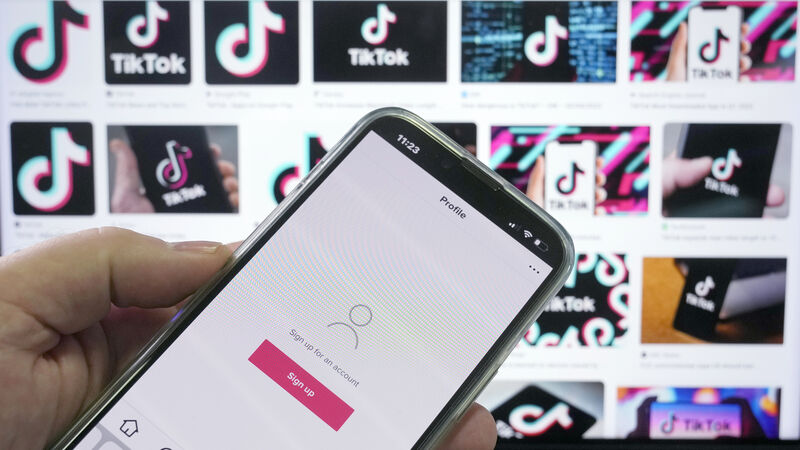Sarah Harte: Are parents unwittingly exploiting their children on social media?

The broad consensus seems to be that TikTok aggressively harvests data with extremely limited data protection in China, which arguably leaves children on the frontline of the internet. Picture: AP /Rick Rycroft
Rarely a day goes by without something in the news about TikTok. Multiple countries are investigating its privacy practices, with the US considering a total ban on the app that is wildly popular amongst young people.
There may be geopolitical forces at play between China and the USA, but the broad consensus seems to be that TikTok aggressively harvests data with extremely limited data protection in China, which arguably leaves children on the frontline of the internet.












